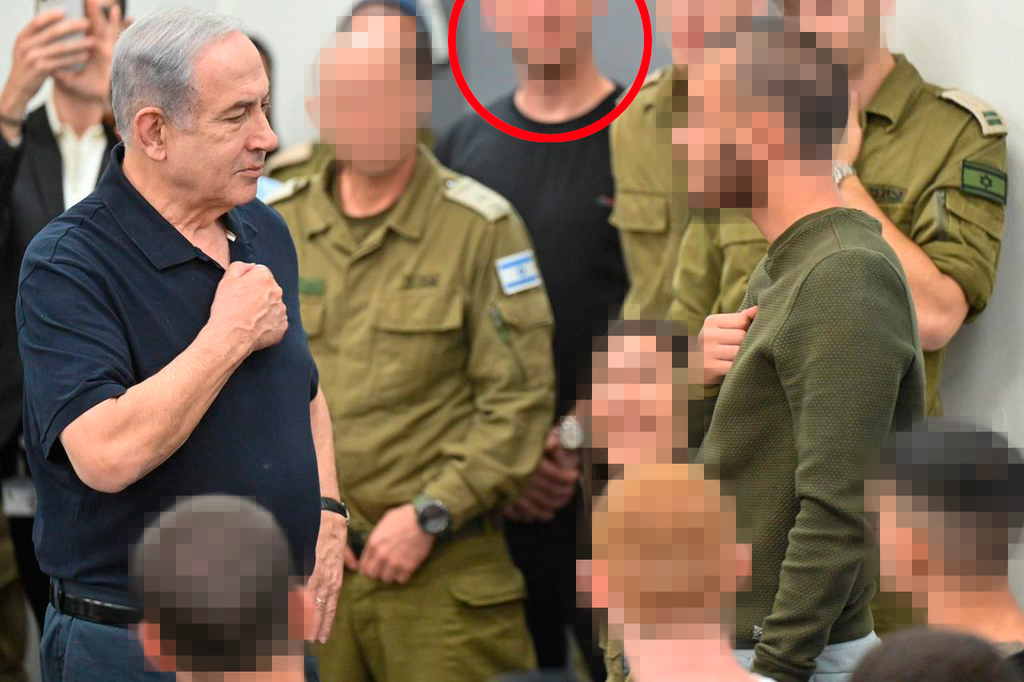The investigation centers on suspicions of exposing sensitive intelligence and methods, potentially compromising Israeli military operations and strategic aims in Gaza.
The leaks reportedly involve a former spokesman who, despite lacking full security clearance, regularly accompanied Prime Minister Benjamin Netanyahu to secure meetings, including military briefings at the Defense Ministry headquarters in Tel Aviv.
He is suspected of sharing classified information with the German newspaper Bild and other Israeli journalists, allegedly disclosing in September a document supposedly written by Hamas leader Yahya Sinwar.
The document purportedly detailed Hamas’ negotiation strategy with Israel, advising on how to manipulate the international community while aiming to rebuild military capabilities and intensify pressure on Israel. A parallel report in The Jewish Chronicle quoted another Hamas document, later deemed fraudulent, which claimed Hamas aimed to transfer hostages via the Philadelphi Corridor to Iran or Yemen.
Within days of the publication of these reports, both Bild and The Jewish Chronicle faced backlash. IDF investigators determined the so-called “Sinwar Document” had been manipulated, suggesting it was not authored by Sinwar himself, as initially reported.
The Chronicle retracted its story after confirming that the cited document had no basis, and that the author’s name was fabricated. This revelation has prompted additional scrutiny of how seized Hamas materials were potentially altered to influence public opinion in Israel regarding the Gaza war.
2 View gallery


A military briefing at the Defense Ministry headquarters in Tel Aviv
(Photo: Prime Minister's Office)
While Netanyahu’s office denied the detained individuals were officially employed, insiders confirmed the suspect maintained close ties to Netanyahu’s inner circle, conducting public relations and diplomatic assignments under the direction of Netanyahu's Chief of Staff Tzachi Braverman. Despite failing an initial security clearance check, he continued to attend high-level discussions, reportedly acting as an ardent supporter and unofficial advisor.
The classified leaks investigation has intensified tensions between Netanyahu’s office and Israel’s defense establishment, highlighting growing divisions over Gaza policy and hostage negotiations. Sources familiar with the case view the detained suspect as a “scapegoat,” suggesting that other officials may have played larger roles in the series of leaks.
In an ongoing security and legal effort, authorities continue to examine if senior officials might have indirectly sanctioned the unauthorized release of classified documents to foreign media.
Get the Ynetnews app on your smartphone:




